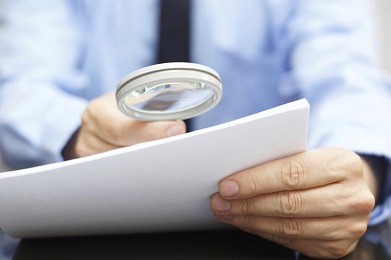Assistant Commissioner Graham Whyte said the ATO is concerned that those earning money from the sharing economy may not be declaring these amounts on their tax return.
You’re out of free articles for this month
To continue reading the rest of this article, please log in.
Create free account to get unlimited news articles and more!
“The sharing economy has changed the way we do a lot of things, but it hasn’t changed the ATO’s definition of income,” said Mr Whyte.
“In the sharing economy, buyers and sellers are connected through a facilitator who usually operates an app or website.
“If you earn money from doing odd jobs or providing a service like task-sharing, transporting passengers through things like ride-sourcing, or renting out a room or house, you need to declare it, because it counts as assessable income. If you are running a business through the sharing economy you also need to declare this income.”
With the ATO’s increased data-matching and -capturing capabilities, Mr Whyte said it’s likely that those who leave out significant amounts of income will be caught.
“Every year we obtain over 600 million pieces of data from a range of third-party sources, including information about income from banks,” he said.
“The data enables us to put together a picture of what a person’s assessable income should be. If something doesn’t look quite right, it will send up a red flag and we’ll investigate further. So it is better to make sure you get it right the first time,” he said.
Outside of declaring income, the ATO is also monitoring compliance requisites such as whether taxpayers have registered for GST where necessary.
“You will have different obligations depending on what you are doing, in particular, whether or not you need to register for, and pay, GST,” Mr Whyte said.
“If you are earning an income from carrying on an enterprise of ride-sourcing services, you will need to register for and pay GST regardless of how much money you earn.”

 Login
Login







You are not authorised to post comments.
Comments will undergo moderation before they get published.